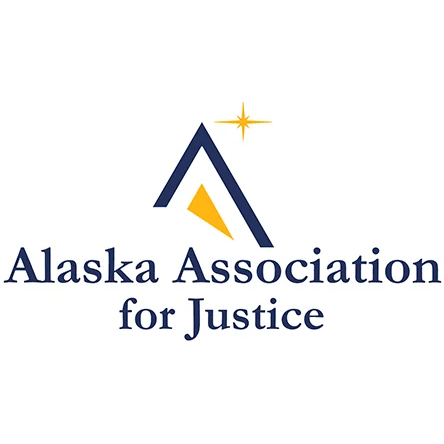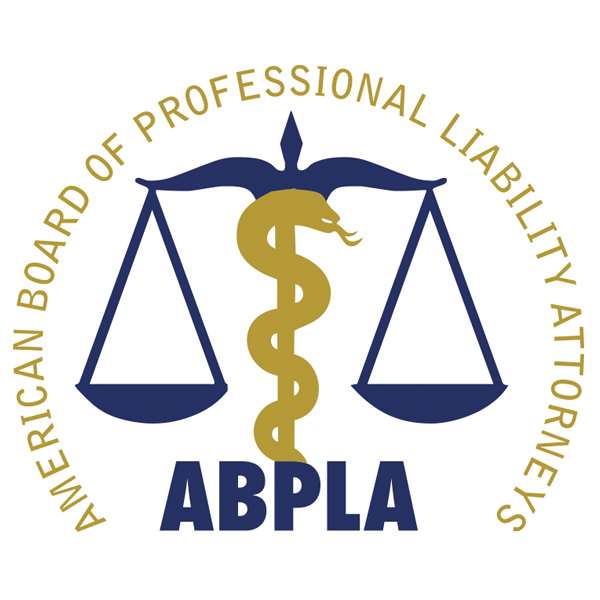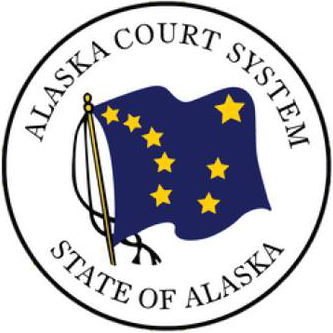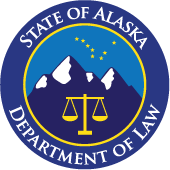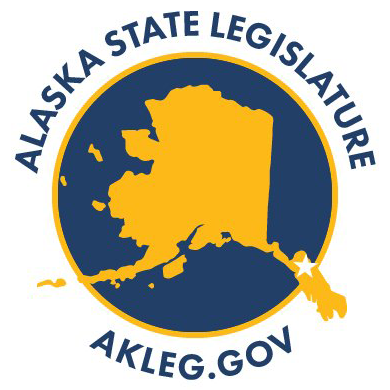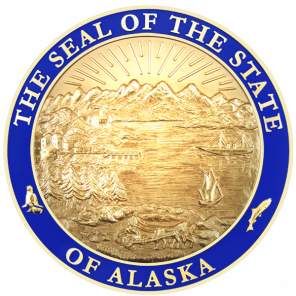-
find a LAWYER
-
Choose a lawyer near you
Choose your state
- Alabama
- Alaska
- Arizona
- Arkansas
- California
- Colorado
- Connecticut
- Delaware
- District of Columbia
- Florida
- Georgia
- Hawaii
- Idaho
- Illinois
- Indiana
- Iowa
- Kansas
- Kentucky
- Louisiana
- Maine
- Maryland
- Massachusetts
- Michigan
- Minnesota
- Mississippi
- Missouri
- Montana
- Nebraska
- Nevada
- New Hampshire
- New Jersey
- New Mexico
- New York
- North Carolina
- North Dakota
- Ohio
- Oklahoma
- Oregon
- Pennsylvania
- Rhode Island
- South Carolina
- South Dakota
- Tennessee
- Texas
- Utah
- Vermont
- Virginia
- Washington
- West Virginia
- Wisconsin
- Wyoming
- Choose a lawyer by practice area
-
Choose a lawyer by specialty
- National Board Certifications
-
State Board Certifications
- State Bar of Arizona Board of Legal Specialization
- California Board of Legal Specialization
- Connecticut Bar Association
- Florida Bar Board of Legal Specialization and Education
- Louisiana Board of Legal Specialization
- Minnesota State Bar Association
- New Jersey Board on Attorney Certification
- North Carolina State Bar Board of Legal Specialization
- Ohio State Bar Association
- Texas Board of Legal Specialization
-
Choose a lawyer near you
-
legal COMMUNITY
-
Nonprofit Legal Associations
-
National Legal Associations
- American Association for Justice (AAJ)
- American Immigration Lawyers Association (AILA)
- Maritime Law Association of the United States (MLAUS)
- National Association of Consumer Bankruptcy Attorneys (NACBA)
- National Association of Criminal Defense Lawyers (NACDL)
- National College for DUI Defense (NCDD)
- National Employment Lawyers Association (NELA)
- National Organization for the Reform of Marijuana Laws (NORML)
- More…
- Bar Associations by State
-
Civil Justice / Trial Lawyers Associations
- Consumer Attorneys of California
- Florida Justice Association
- Georgia Trial Lawyers Association
- Indiana Trial Lawyers Association
- Iowa Association for Justice
- Kentucky Justice Association
- Minnesota Association for Justice
- New Mexico Trial Lawyers Association
- New York State Trial Lawyers Association
- Tennessee Association for Justice
-
Criminal Defense Lawyers Associations
- California Attorneys for Criminal Justice
- Colorado Criminal Defense Bar
- Florida Association of Criminal Defense Lawyers
- Georgia Association of Criminal Defense Lawyers
- Louisiana Association of Criminal Defense Lawyers
- Criminal Defense Attorneys of Michigan
- New York State Association of Criminal Defense Lawyers
- Ohio Association of Criminal Defense Lawyers
- Pennsylvania Association of Criminal Defense Lawyers
- Texas Criminal Defense Lawyers Association
- More…
-
National Legal Associations
-
Lawyer Insights
- Legal Resources and Services
-
Nonprofit Legal Associations
- SIGN IN
-








